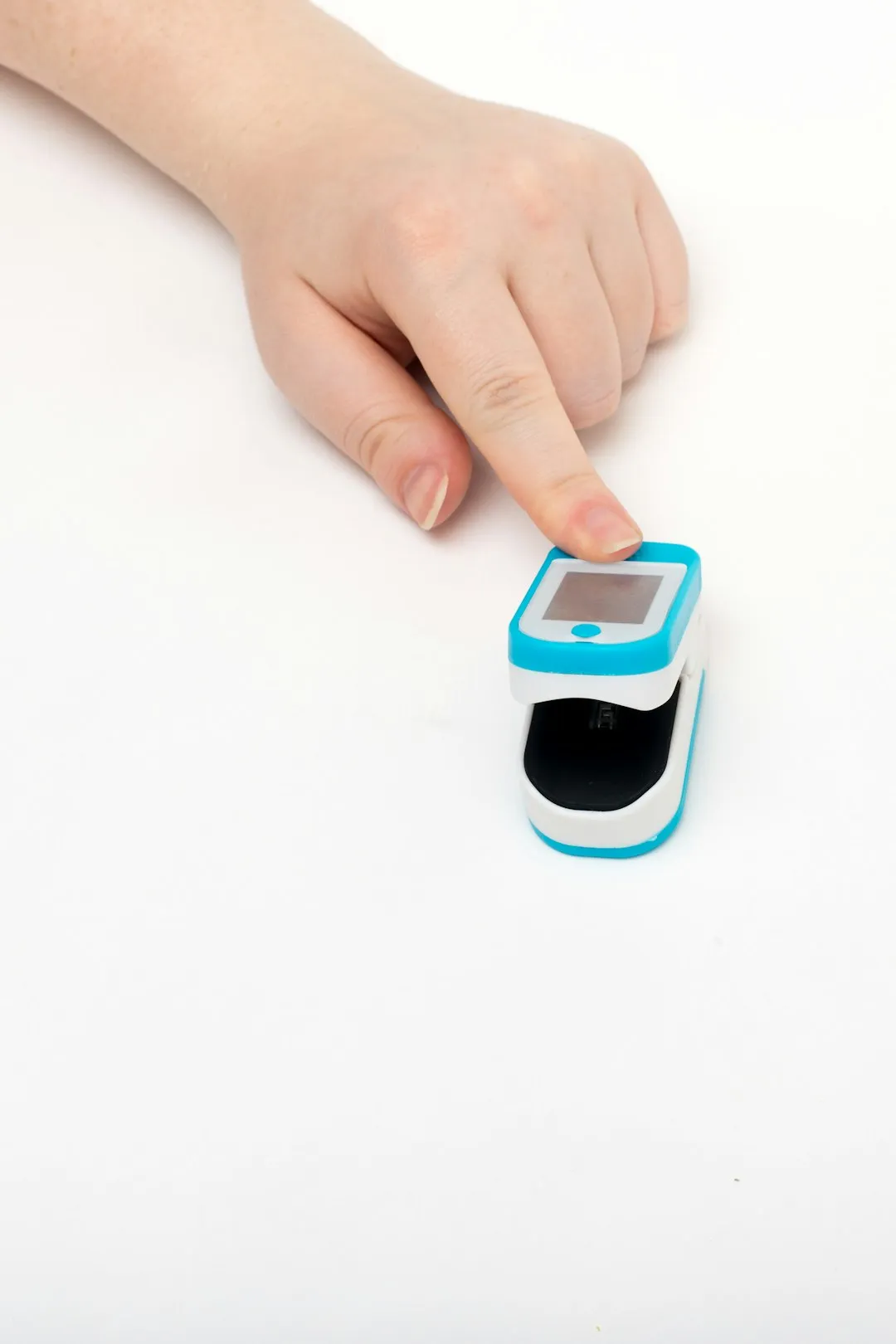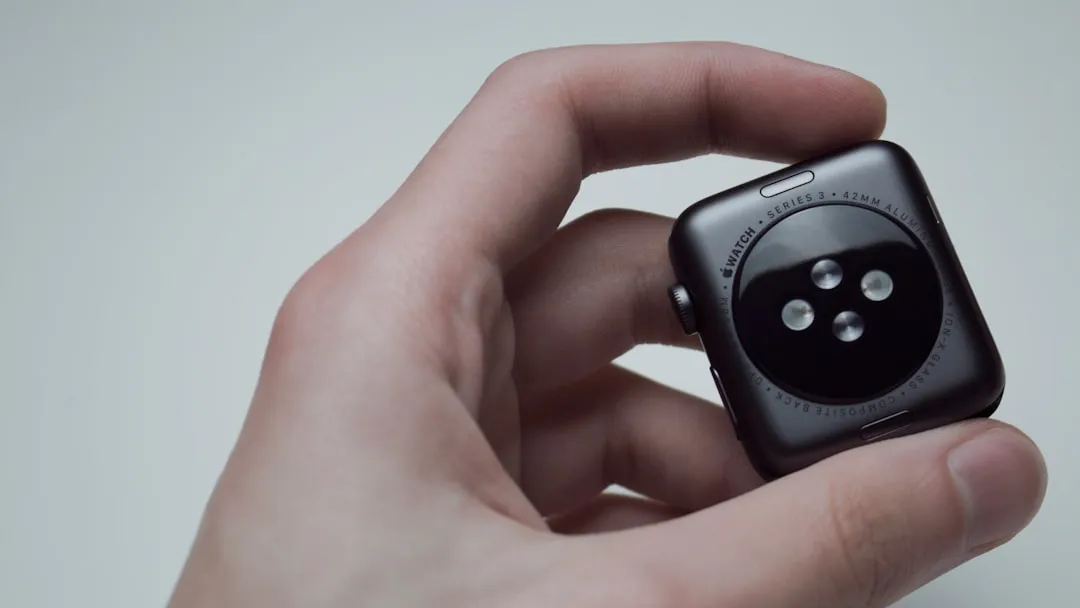A recent study showed the Apple Watch’s blood oxygen sensor is as reliable as a medical grade device. The researchers tested the Apple Watch Series 6 versus a medical-grade pulse oximeter sensor with a standard protocol: get a group of healthy volunteers, have them breathe air with a lower concentration of oxygen, and then compare measured SpO2.
The study showed that the average absolute difference between the smartwatch and medical-grade oximeter was less than 1% SpO2 — they concluded that the Apple Watch Series 6 can reliably detect states of reduced blood oxygen saturation.

However, the error bounds for even FDA-cleared oximeters are wider than you might expect. The FDA requires that pulse oximeters are tested compared to arterial blood gas saturation (an invasive test that is the gold-standard for oxygenation measurement). The FDA’s usual standard for accuracy is that about 95% of SpO2 values fall within 4 to 6% of the gold-standard value. This means that if your SpO2 value reads 92%, it is “really” between 88% and 96%.
The FDA also makes clear that accuracy of pulse oximeters is best at SpO2 values >90%. More recent evidence has shown that other user-specific factors can lead to lower accuracy; this is the case for people with darker skin pigmentation where the difference in accuracy of SpO2 is most notable at very low oxygen saturation (SpO2 <80%). As of July 2023, the FDA is actively revising their protocols based on this information.

Does this mean that individual low blood oxygen readings are a cause for concern?
Not necessarily — since individual blood oxygen readings can be widely variable, it is best to look at the overall trend. If your normal readings are usually 92-100% and then one day they are consistently 86-92% this may be a change that needs more evaluation. Similarly, if your daytime SpO2 readings are usually 92-100%, but your nighttime SpO2 readings are consistently lower than your baseline, it could be a clue that there is something else going on.
If the Apple Watch was shown to have similar accuracy to a medical device, does it mean it’s FDA-cleared?
No. The FDA only regulates the prescription oxygen monitors that are typically used in hospitals or doctor’s offices. The FDA does not regulate any “over-the-counter” oxygen monitors (including the ones sold at pharmacies) and any other consumer wearables. Of course, that may change in the future, as the lines between medical and consumer devices become increasingly blurred.
Get your free 30-day heart health guide
Evidence-based steps to optimize your heart health.
